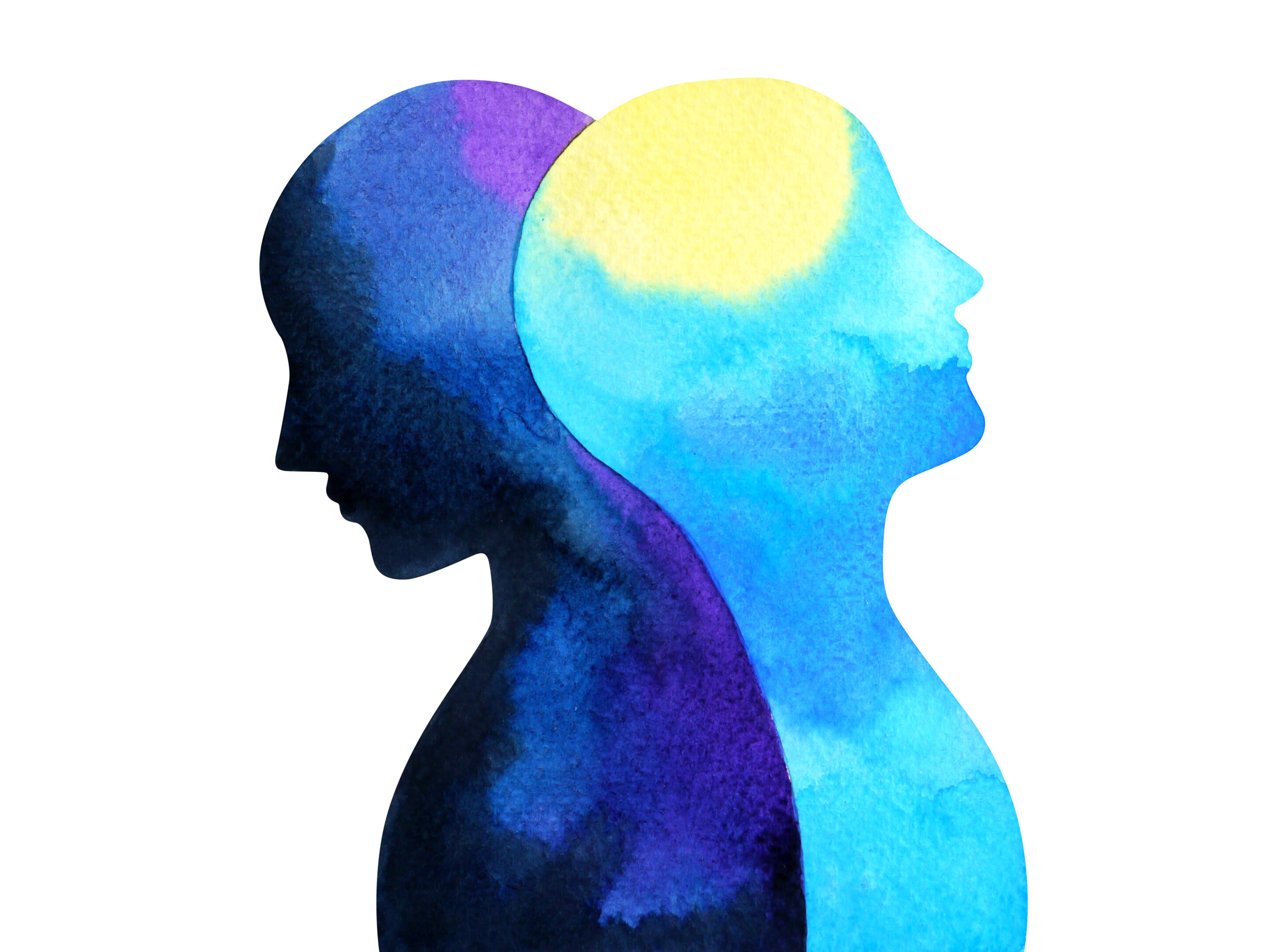Addiction rates are high among individuals with bipolar disorder (BPD), a personality disorder characterized by impulsive behavior and alternating episodes of depression and mania. The National Institutes of Health (NIH) report the prevalence of substance abuse disorder in people with bipolar disorder is between 40 and 59 percent. While it is not clear why BPD increases a person’s risk of a SUD, researchers think that attempting to self-medicate the extreme depression, suicidal ideation, and racing thoughts associated with BPD ultimately leads to addiction.
Types of Bipolar Disorder
Bipolar I Disorder
More people are diagnosed with Bipolar I Disorder than any other type of BPD. Symptoms of BPD I include:
Manic episodes–talking rapidly and nonsensically; insomnia; hypersexuality; lack of impulse control; grandiose speech; and engaging in reckless, often dangerous behavior.
Depressive episodes–suicidal thoughts and/or suicidal attempts; changes in appetite; self-isolation; staying in bed all day; self-harming behavior.
Bipolar II Disorder
Defined by a pattern of hypomanic and depressive episodes, Bipolar II Disorder does not include full-blown mixed or manic episodes because they do not last longer than one or two weeks.
Rapid Cycling Bipolar Disorder
Considered the most severe form of bipolar disorder, rapid-cycling bipolar disorder seems to affect more people (especially females) who experience bipolar symptoms in early adolescence. Rapid cycling may be diagnosed if someone has four or more depression/mania episodes within one year.
Treating a Dual Diagnosis of Addiction and Bipolar Disorder
By itself, BPD is difficult to treat due to the cyclic nature of depression and mania. Dual-diagnosis treatment programs for BPD and addiction must address both severe depression and manic episodes that often include suicidal thoughts, delusions, and reckless behavior.
Medication Management for Bipolar Disorder and Addiction Recovery
Mood StabilizersMood stabilizers, such as lithium and Depakote (an anticonvulsant that works as a mood stabilizer), are commonly prescribed to control mood swings.
Atypical AntipsychoticsAtypical antipsychotics are newer antipsychotics developed to control delusions, auditory hallucinations, and other psychotic symptoms of schizophrenia and bipolar disorder. Atypical antipsychotics also help minimize irritability, impulsivity, disorganized thoughts, and insomnia.
AntidepressantsAntidepressants treat the depressive phases of bipolar episodes by maintaining sufficient levels of serotonin in the brain, a neurotransmitter vital to regulating moods, sexual behavior, appetite, and sleep. Some antidepressants may also reduce the severity of rapid cycling and manic episodes.
Therapies for Bipolar Disorder and Addiction Recovery
Cognitive Behavioral Therapy (CBT)CBT encourages people with bipolar disorder and SUD to examine the connections among thoughts, behaviors, and emotions. Therapists specializing in CBT attempt to guide patients through a thought-restructuring program that eliminates negative or otherwise abnormal thinking patterns to improve coping skills. CBT is goal-directed, problem-focused, and actively intervenes in the person’s life to help them cope with stress, cravings, and impulse control problems.
Interpersonal and Social Rhythm Therapy (IPSRT)IPSRT is a fairly new type of therapy developed to relieve depression and moodiness by providing the patient with an in-depth understanding of their social and biological rhythms. Considered an effective adjunct psychotherapy for treating bipolar disorder, seasonal affective disorder, and other mood disorders, IPSRT focuses on learning techniques to improve a person’s ability to cope with stress, stay on their medication schedule, and reduce social isolation.
Help for Bipolar Disorder and Addiction Recovery
Hickory Treatment Centers specializes in diagnosing bipolar disorder with addiction by providing psychotherapeutic and pharmacological interventions. We also offer:
- Supplementary activities to increase self-esteem and improve coping skills
- Dual diagnosis/bipolar treatment programs for patients with SUD, bipolar disorder, or other mental health issues
- Residential and outpatient treatment programs that address the unique needs of the patient
Call Hickory Treatment Centers today for immediate help with a dual diagnosis of bipolar disorder and addiction.


